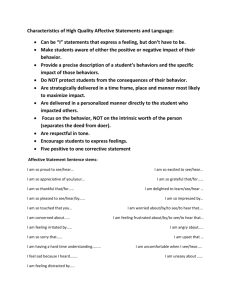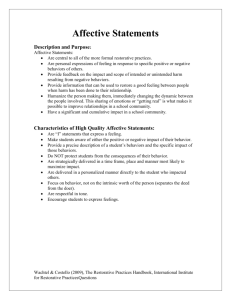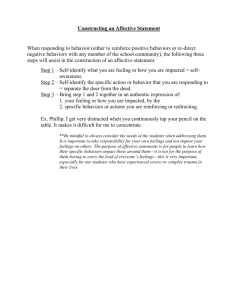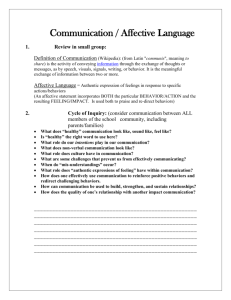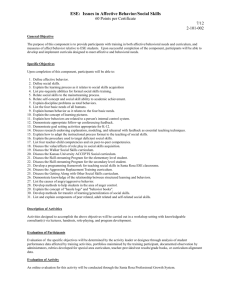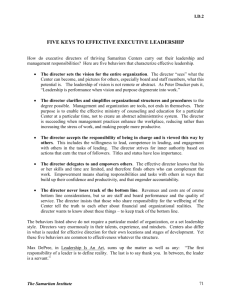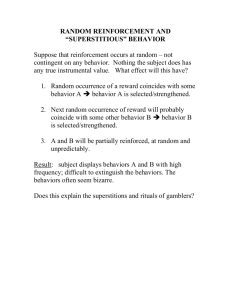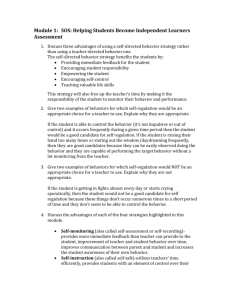Published Articles for Teacher Behaviors Outside the Classroom
advertisement
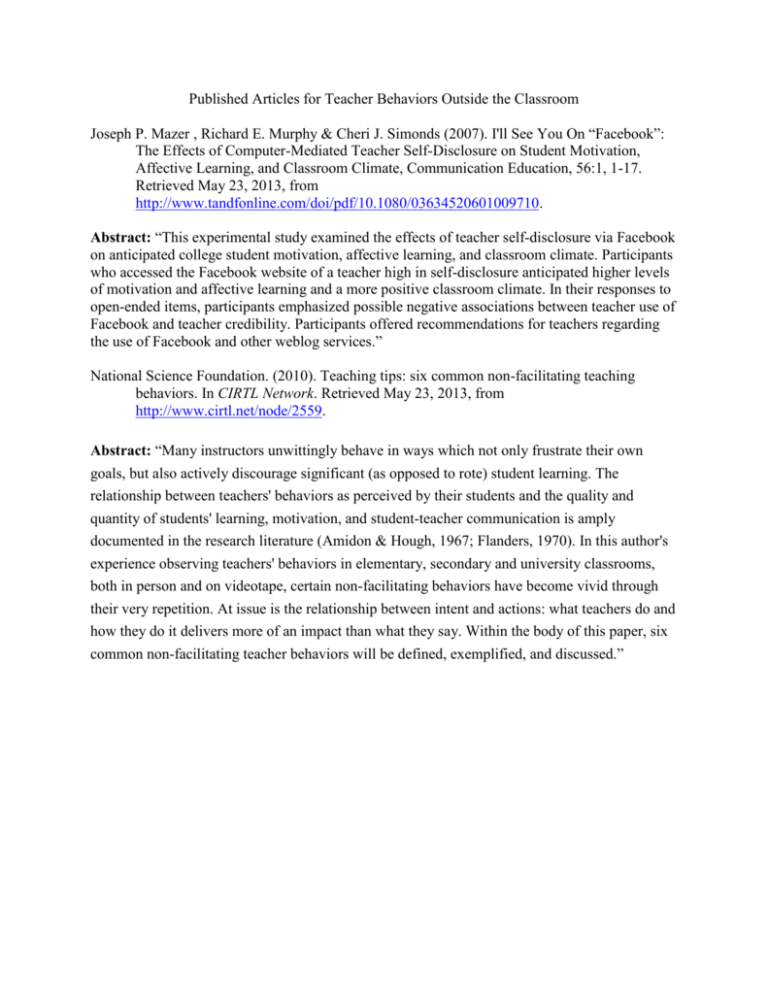
Published Articles for Teacher Behaviors Outside the Classroom Joseph P. Mazer , Richard E. Murphy & Cheri J. Simonds (2007). I'll See You On “Facebook”: The Effects of Computer-Mediated Teacher Self-Disclosure on Student Motivation, Affective Learning, and Classroom Climate, Communication Education, 56:1, 1-17. Retrieved May 23, 2013, from http://www.tandfonline.com/doi/pdf/10.1080/03634520601009710. Abstract: “This experimental study examined the effects of teacher self-disclosure via Facebook on anticipated college student motivation, affective learning, and classroom climate. Participants who accessed the Facebook website of a teacher high in self-disclosure anticipated higher levels of motivation and affective learning and a more positive classroom climate. In their responses to open-ended items, participants emphasized possible negative associations between teacher use of Facebook and teacher credibility. Participants offered recommendations for teachers regarding the use of Facebook and other weblog services.” National Science Foundation. (2010). Teaching tips: six common non-facilitating teaching behaviors. In CIRTL Network. Retrieved May 23, 2013, from http://www.cirtl.net/node/2559. Abstract: “Many instructors unwittingly behave in ways which not only frustrate their own goals, but also actively discourage significant (as opposed to rote) student learning. The relationship between teachers' behaviors as perceived by their students and the quality and quantity of students' learning, motivation, and student-teacher communication is amply documented in the research literature (Amidon & Hough, 1967; Flanders, 1970). In this author's experience observing teachers' behaviors in elementary, secondary and university classrooms, both in person and on videotape, certain non-facilitating behaviors have become vivid through their very repetition. At issue is the relationship between intent and actions: what teachers do and how they do it delivers more of an impact than what they say. Within the body of this paper, six common non-facilitating teacher behaviors will be defined, exemplified, and discussed.”
